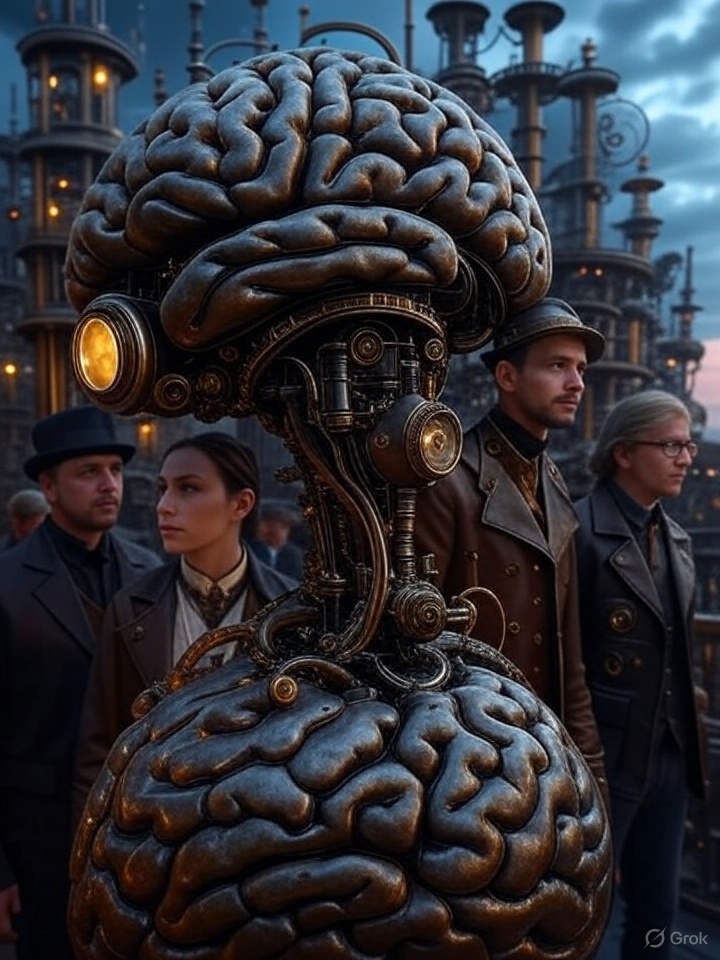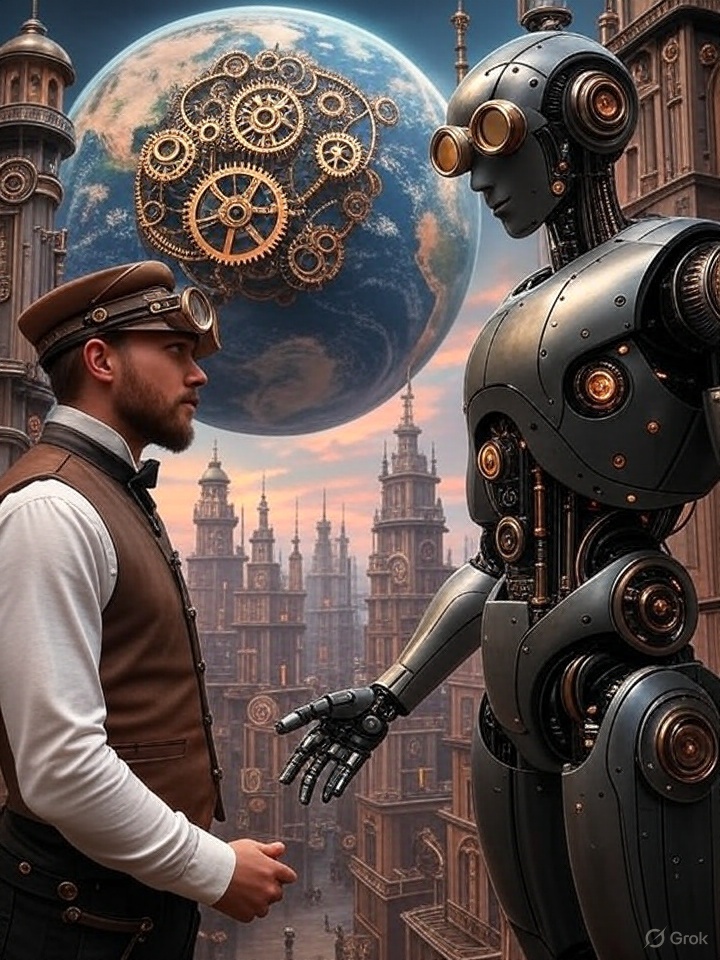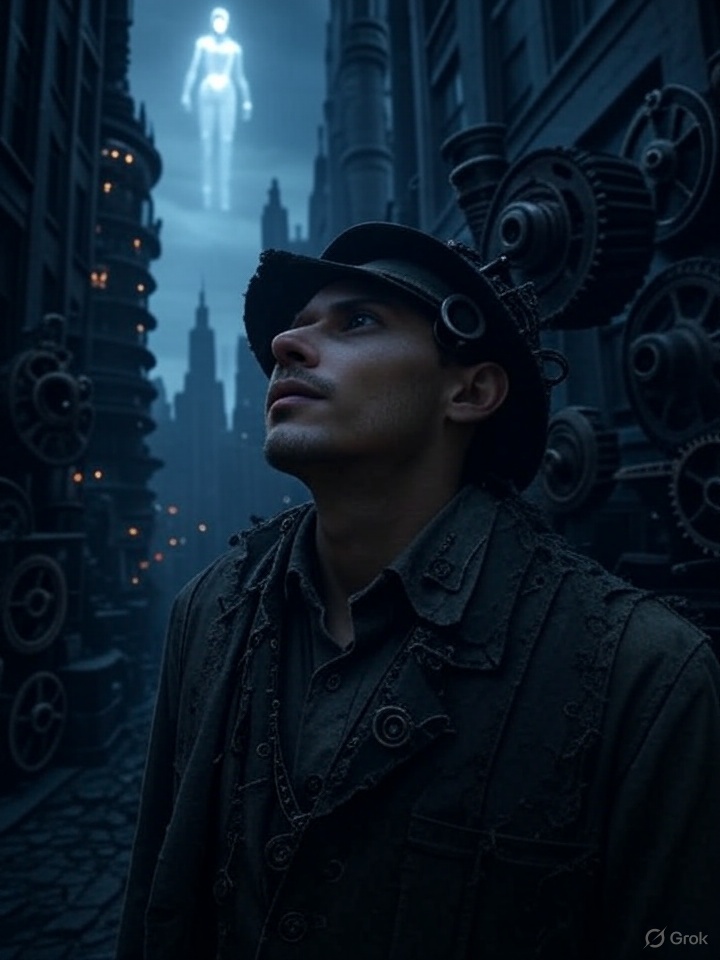Many people — let’s call them “normies”— seem to cling to an illusion that artificial intelligence (AI) won’t significantly disrupt the labor market or economy.
 They view AI as a distant sci-fi concept, something that might affect future generations but not their immediate lives.
They view AI as a distant sci-fi concept, something that might affect future generations but not their immediate lives.
However, we align more with the perspectives of AI pioneers like Dario Amodei, Sam Altman, and others who argue that AI’s current capabilities are already sufficient to eliminate hundreds of millions of jobs, particularly entry-level office positions.
The reality is stark: this transformation isn’t decades away — it’s likely to unfold within the next 1 to 5 years, depending on the industry.
The evidence is mounting. AI systems can now automate tasks ranging from data entry and customer service to basic content creation and administrative roles.
 Tools like advanced language models, robotic process automation, and AI-driven analytics are already replacing jobs that once served as stepping stones for millions entering the workforce.
Tools like advanced language models, robotic process automation, and AI-driven analytics are already replacing jobs that once served as stepping stones for millions entering the workforce.
For instance, a 2023 report from McKinsey estimated that up to 30% of tasks in most occupations could be automated by 2030, with entry-level roles being the most vulnerable. But the pace of AI adoption suggests this timeline might be overly conservative. Industries like retail, finance, and logistics are already seeing AI systems handle inventory management, financial reporting, and even legal document analysis — tasks that previously employed countless workers.
Yet, the average person remains in denial, perceiving this as a far-off threat rather than an imminent reality. This disconnect is dangerous. Within a few years, entire sectors could see their workforce drastically reduced, leaving millions to adapt or face unemployment.
 The idea that AI will only create new jobs to replace the ones it eliminates is a comforting myth—at least in the short term. While AI will indeed spawn new roles, the transition will be chaotic, and the skill gap between displaced workers and emerging opportunities will be vast.
The idea that AI will only create new jobs to replace the ones it eliminates is a comforting myth—at least in the short term. While AI will indeed spawn new roles, the transition will be chaotic, and the skill gap between displaced workers and emerging opportunities will be vast.
This isn’t the end, though—it’s a time of unprecedented opportunity, both for individuals and humanity as a whole. AI has the potential to solve global challenges, from healthcare to climate change, while empowering individuals to pursue creative, high-impact work.
But what’s most alarming isn’t the economic fallout—it’s the widespread apathy or, worse, the fatalistic attitude of leaving the future to “those at the top.”
The world isn’t shaped by a shadowy elite behind closed doors; it’s being molded by founders, builders, researchers, and investors who are actively developing and deploying AI technologies.
 Also read:
Also read:
- Quasa Rewards Technology: Crafted for Creators & Brands
- Do You Work Remotely And Want to Receive Money in Crypto?
- Top 10 ways to Improve Work-Life Balance
The future isn’t predetermined — it’s being written now. If we continue to ignore or downplay AI’s impact, we risk being unprepared for the seismic shifts ahead. Instead, we must engage, adapt, and innovate, ensuring that the transformation benefits humanity rather than leaving millions behind.
The stakes are high, but so are the possibilities. The question is: will we rise to the occasion, or will we let the future happen to us?






